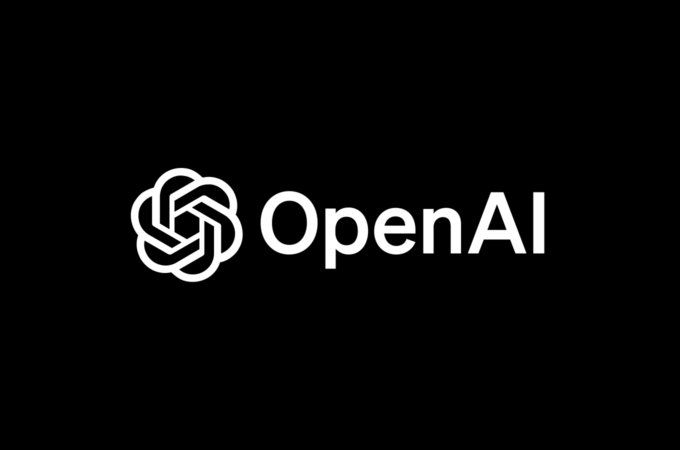
California Senator Proposes AI Legislation to Safeguard Public Interest
California State Senator Steve Padilla has introduced a legislative package, consisting of Senate Bills 892 and 893, aiming to steer the development of artificial intelligence (AI) in the state. The proposed measures not only address the need for a secure and ethical AI framework but also envision the creation of a public AI resource, leveraging California’s economic might.
AI, a technology poised to shape society significantly, requires careful governance to ensure both benefits and challenges are navigated responsibly. Padilla’s bills respond to the current regulatory vacuum surrounding AI by proposing safety, privacy, and nondiscrimination standards for AI services within the state.
Under Senate Bill 892, the Department of Technology would play a pivotal role in establishing these standards, with a groundbreaking provision prohibiting the state from entering into contracts for AI services unless the provider complies with the set standards. This bold move seeks to prevent a monopoly of tech giants and prioritizes responsible AI development.
Legal and AI scholars, including Karl Manheim, Professor Emeritus at Loyola Law School, have voiced support for Padilla’s bills, emphasizing the need for California to take the lead in both promoting innovation and safeguarding society from AI risks.
Moreover, the legislation extends beyond regulation, aiming to harness California’s economic influence to reimagine AI services as a public benefit. Senate Bill 893 outlines the creation of the California Artificial Intelligence Research Hub, a collaborative effort involving the Government Operations Agency, the Governor’s Office of Business and Economic Development, and the Department of Technology. This hub would facilitate research, development, and deployment of AI for public good, ensuring accessibility to computing resources and data for academic institutions while upholding privacy and security standards.
Padilla’s approach aligns with the global trend of public investment in AI infrastructure, akin to investments in traditional public goods like roads and bridges. The proposed legislation recognizes the funding gap between public institutions and private enterprises in AI research, aiming to prevent the monopolization of AI development.
The bills are a response to the urgency of addressing the regulatory void in AI development, ensuring that the technology aligns with ethical standards and benefits all of society. By leveraging California’s economic power and fostering collaboration between academia and government agencies, Padilla’s legislation could set a precedent for responsible and ethical AI development, ultimately preventing a few billionaires from controlling the trajectory of AI in the state.




